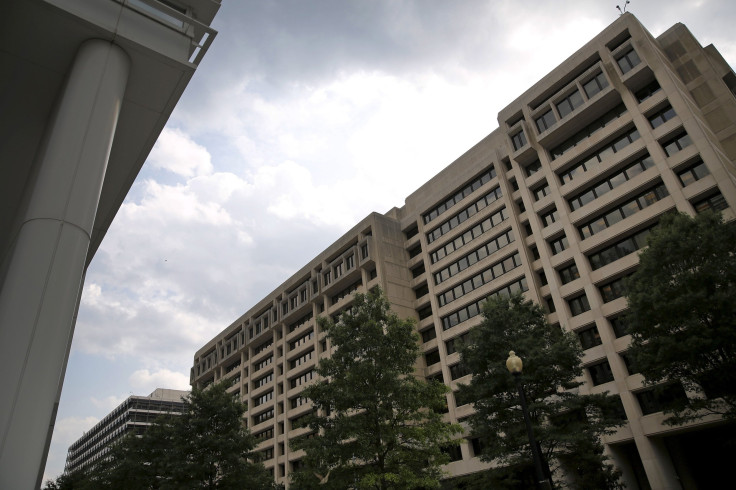Australia will be 'worst-hit' by China slowdown, warns IMF

While Australia’s new Prime Minister Malcolm Turnbull is hoping to make a magical turnaround of the nation's sagging economy, bad news continues to roll in. According to the International Monetary Fund, the Australian economy will be the worst-hit "advanced economy" in the world from the effect of China's slowing investment growth.
The forecast comes on the back of estimates by Chinese government that its investment growth will fall from 46 percent of GDP to around 35 percent in the next five to 10 years. IMF Managing Director Christine Lagarde has already alerted many emerging economies to watch for the after-shocks of China slowdown, Sky News reported.
Elusive budget surplus
The IMF's modelling is based on treasury budget numbers suggesting that Australia's annual growth will diminish to 2.5 percent from 2020 onwards. This means Australia will find it hard to post a budget surplus in the next decade.
The IMF findings may serve as a stark reminder to Prime Minister Turnbull and Treasurer Scott Morrison, who have inherited a 10-year budget outlook which is loaded with optimism, saying that the economy will rebound to grow at 3.5 percent for five years after 2017-18.
Many economists and the higher-ups in the Reserve Bank of Australia have also argued that Australia has the potential for growth, but they concede that growth rate can skid to less than 3 percent. The growth rate now forecast by the IMF, linking with the China factor, presents a more realistic picture.
Loss for Australia
Though the IMF chief has not been exactly forthcoming on the details of the reasearch-findings in her speeches, deputy managing director Min Zhu said in China’s Dalian recently that a near halving of investment growth in China is a reality. In the next five years China's investment deceleration may take away one percentage point from Australia's potential GDP growth, during the period under reference.
According to that estimate, Australia's economy may miss out an average AU$16 billion a year on additional GDP by 2020. In China’s loss of each percentage point in investment, Australia's potential GDP will crash by 0.2 of a percentage point, explained Dr Zhu's growth model, the Australian Financial Review reported.
It further implies that as Chinese investment growth slows down further, the corresponding impact on Australia and other commodity-based emerging economies will be pretty large.
Alphabeta economist Andrew Charlton said the IMF is pumping up "everyone's tyres and not offending the Chinese scenario where everything happens smoothly.” The emerging economies in the IMF watch list for ‘slowdown impact” include Iran, Saudi Arabia and Zambia.
For feedback/comments, contact the writer at feedback@ibtimes.com.au or let us know what you think below.





















